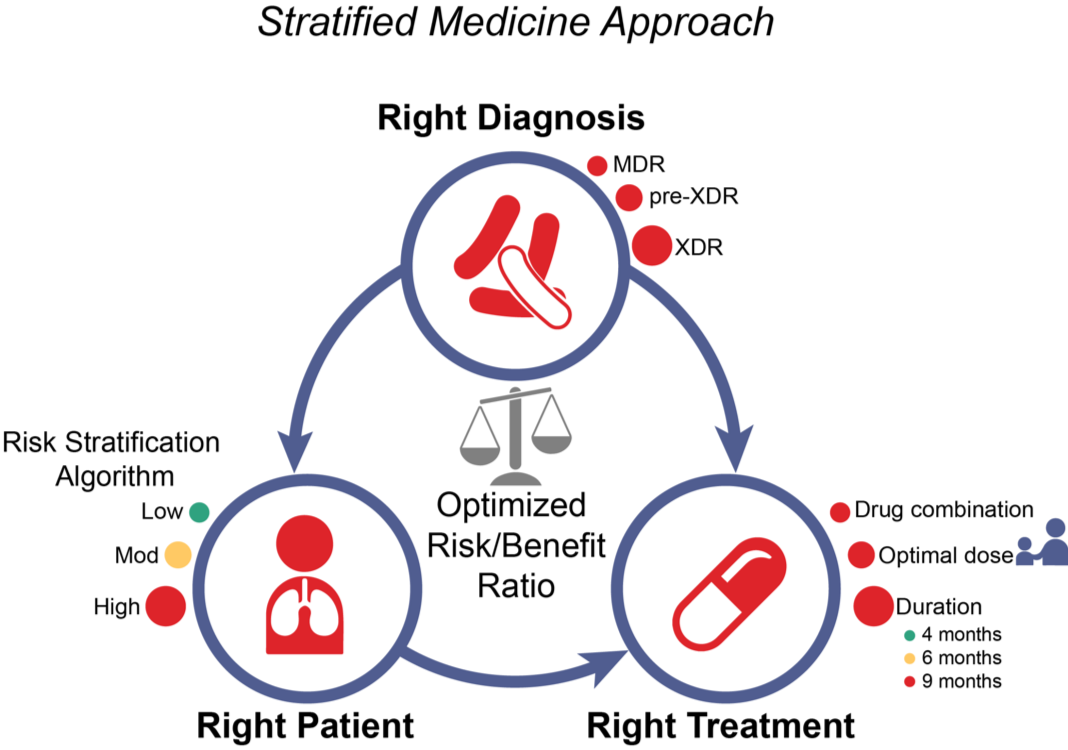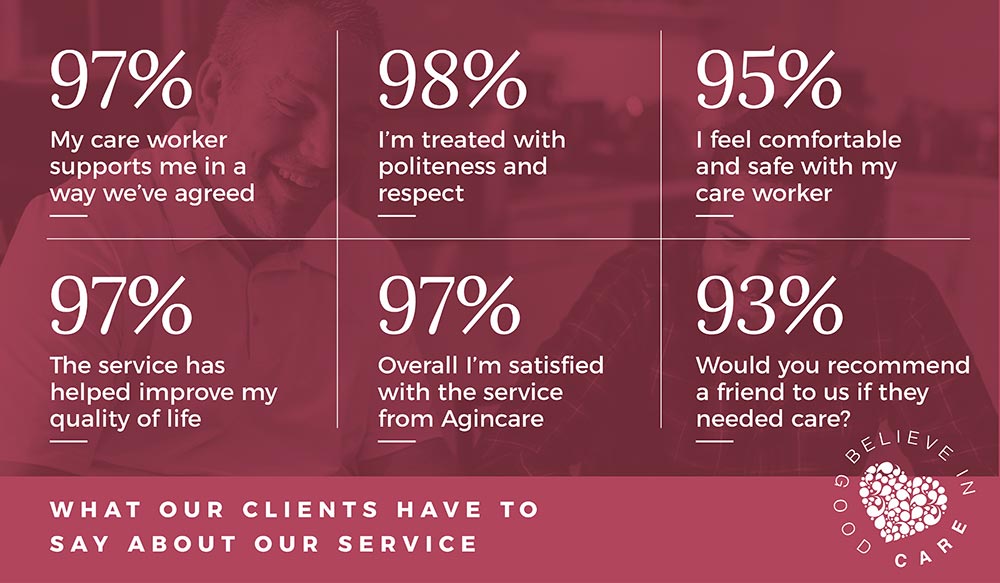
It is a smart idea to seek out skilled nursing facilities for care, especially if your condition is serious. Having 24-hour nursing staff available to you can ensure that you get the care you need, and it's a comfort to know that you have someone there to watch over you. What are the types of nursing care that you can get?
You have two options for nursing care: inpatient or outpatient. Inpatient nursing involves 24-hour care in a facility. Outpatient nursing involves only two visits per week. As their condition worsens, patients may move between the two levels of care.

For example, patients with chronic medical conditions may require intensive therapy. Skilled nursing facilities provide 24-hour nursing services including personal and rehabilitation services. For patients who are unable to take care of themselves, a facility might be the best option. However, if you're looking for some extra support, you might consider receiving care at home. There are many options for receiving care at home, including home health care. This type of care is a great way to maintain a healthy lifestyle, while still being able to live at home.
There are, however, less intensive care options. One example is custodial care. Custodial care involves help with daily tasks such as dressing, bathing, and toileting. Although this type of care is not skilled nursing, it may still prove useful for someone with a serious medical condition. This type of care is also recommended if your loved one has a serious condition. It may also be a comfort to your loved ones that someone is always there for you.
Aside from custodial care and general inpatient care, there are also subacute care and routine care. Subacute care is a step down from acute care, and it's also a big step up from the routine care of the past. Subacute needs more intensive therapy, physician services, and may involve more intensive multidisciplinary treatment. It is also one of the least intensive types of nursing care.
This is contrary to popular belief. Routine care is often referred to as home care. This is a bit misleading as routine care visits include a visit by a nurse. You might also receive regular tests, pain control and medication management. Depending on your requirements, you may need to spend the entire time in routine healthcare. Intermittent home care is also an option, but it's not as intensive.

You might have also heard of hospice care. This type of care focuses on pain management and other therapeutic services, as well as spiritual counseling.
FAQ
How can my family have access to high-quality health care?
Most states will have a department for health, which helps to ensure that everyone has affordable access to health care. There are programs that cover low-income families and their children in some states. You can contact your state's Department of Health for more information about these programs.
What's the difference between public health and health policy?
Both terms refer to decisions made by policymakers and legislators to affect the delivery of health services. A decision to build or renovate a hospital could be taken locally, regionally, and nationally. Similarly, the decision about whether to require employers to offer health insurance may be made by local, regional or national officials.
What role does the private sector play?
Private sector plays a crucial role in healthcare delivery. It supplies equipment, among other things, that is used by hospitals.
It also pays for some hospital staff. They should also be able to contribute to the running of the system.
There are however limitations to what they offer.
Private providers cannot always compete with free services provided by governments.
They should not attempt to run the entire system. This could mean that the system doesn't deliver good value for money.
What are you opinion on the most pressing issues in public health?
Many people are affected by obesity, diabetes and heart disease. These conditions are responsible for more deaths each year than AIDS, car accidents, and murders. High blood pressure, strokes, asthma and arthritis are all caused by poor nutrition, exercise and smoking.
How can our health system be improved?
We can improve our health care system by ensuring that everyone receives high-quality care, regardless of where they live or what insurance they have.
We should ensure that all children receive necessary vaccinations, so they don't develop preventable diseases like measles, mumps, and rubella (MMR).
We must keep working towards reducing the costs of healthcare and ensuring that it remains easily accessible for all.
Statistics
- The health share of the Gross domestic product (GDP) is expected to continue its upward trend, reaching 19.9 percent of GDP by 2025. (en.wikipedia.org)
- For the most part, that's true—over 80 percent of patients are over the age of 65. (rasmussen.edu)
- About 14 percent of Americans have chronic kidney disease. (rasmussen.edu)
- Over the first twenty-five years of this transformation, government contributions to healthcare expenditures have dropped from 36% to 15%, with the burden of managing this decrease falling largely on patients. (en.wikipedia.org)
- Foreign investment in hospitals—up to 70% ownership- has been encouraged as an incentive for privatization. (en.wikipedia.org)
External Links
How To
What is the Healthcare Industry Value Chain
The entire healthcare industry value-chain includes all activities related to providing healthcare services to patients. This includes the business processes within hospitals and clinics and the supply chains that connect them to other providers such as physicians, nurses, pharmacists, insurance companies, manufacturers, wholesalers, and distributors. The result is a continuum which starts with diagnosis and ends in discharge.
The value chain is composed of four main components:
-
Business Processes - These consist of the tasks performed by individuals throughout the entire process of delivering health care. A physician might order medication for a patient, then perform an examination. Each step of the process must be completed accurately and efficiently.
-
Supply Chains – The entire network of organizations responsible for ensuring that the right supplies reach those who need them. A typical hospital has many suppliers. They include pharmacies as well lab testing facilities, imaging center, and even janitorial employees.
-
Networked Organizations: To coordinate these entities, it is necessary to have some means of communication between them. Hospitals have many departments. Each has its own number of phones and offices. Every department will have a central point where employees can go for updates to ensure everyone knows what's happening.
-
Information Technology Systems (IT) - IT is essential in order for business processes to run smoothly. Without it things would quickly fall apart. IT also allows you to integrate new technologies in the system. For example, doctors can use a secure network connection if they want to integrate electronic medical records into their workflow.